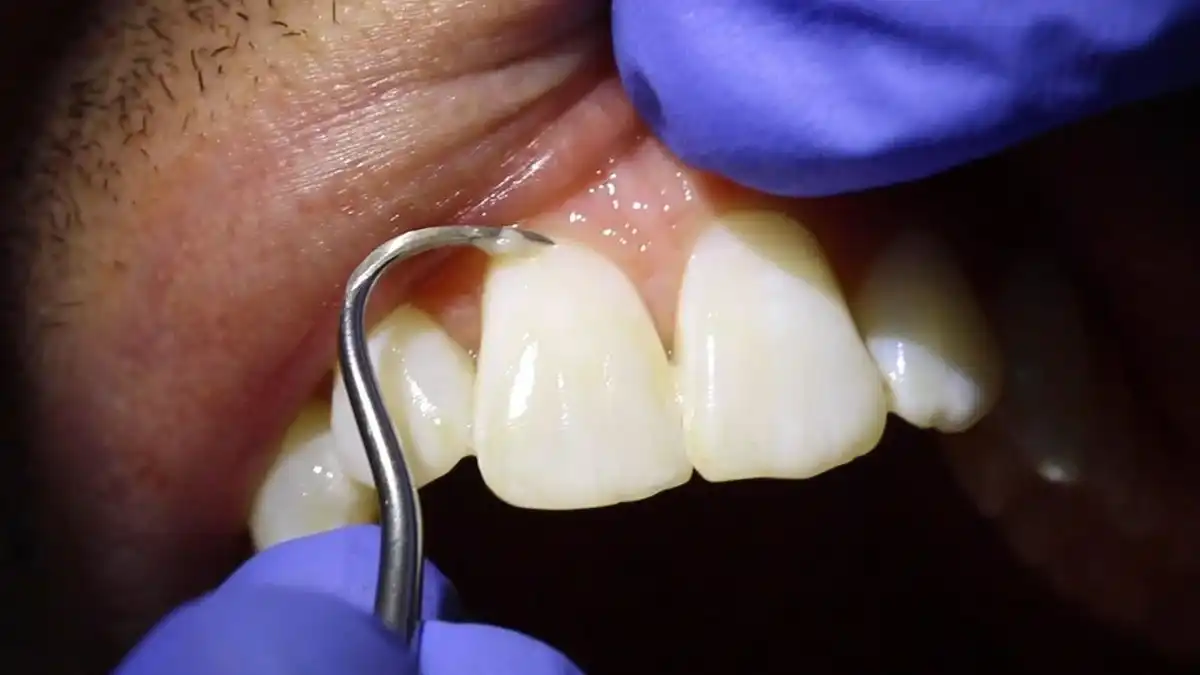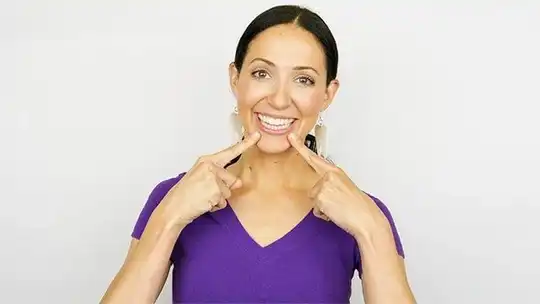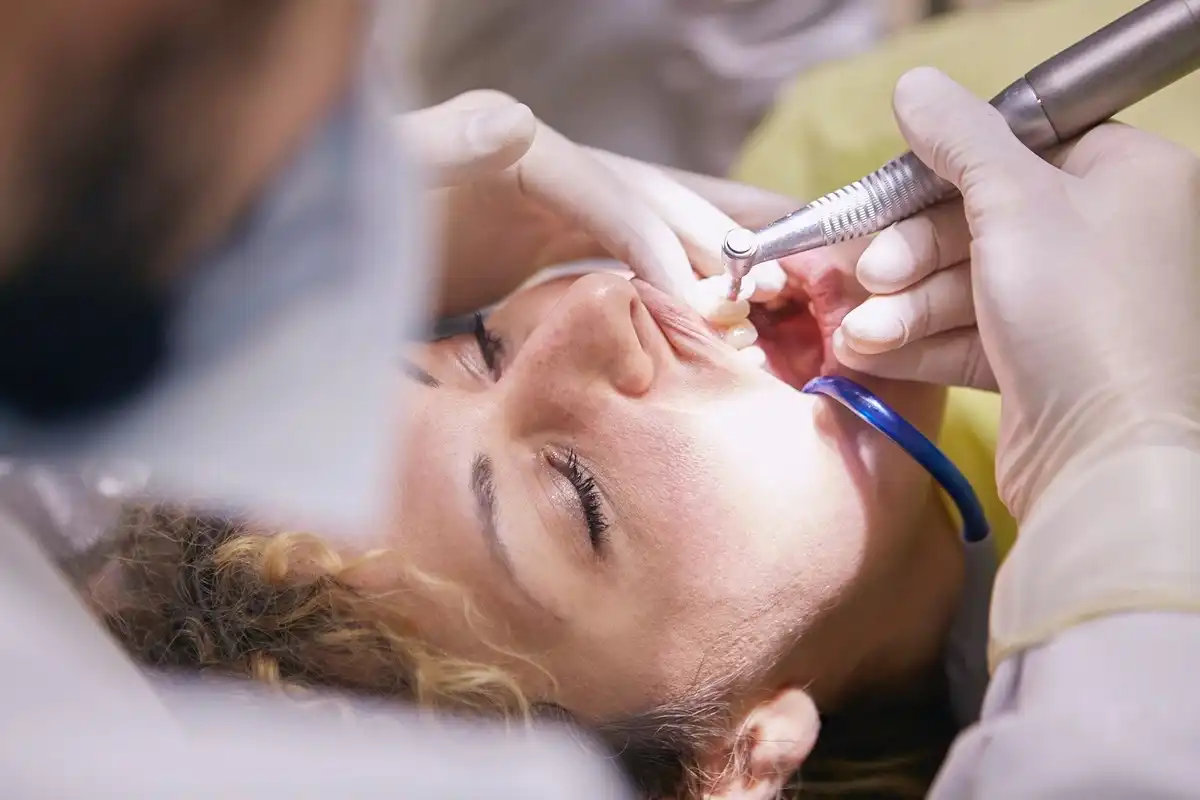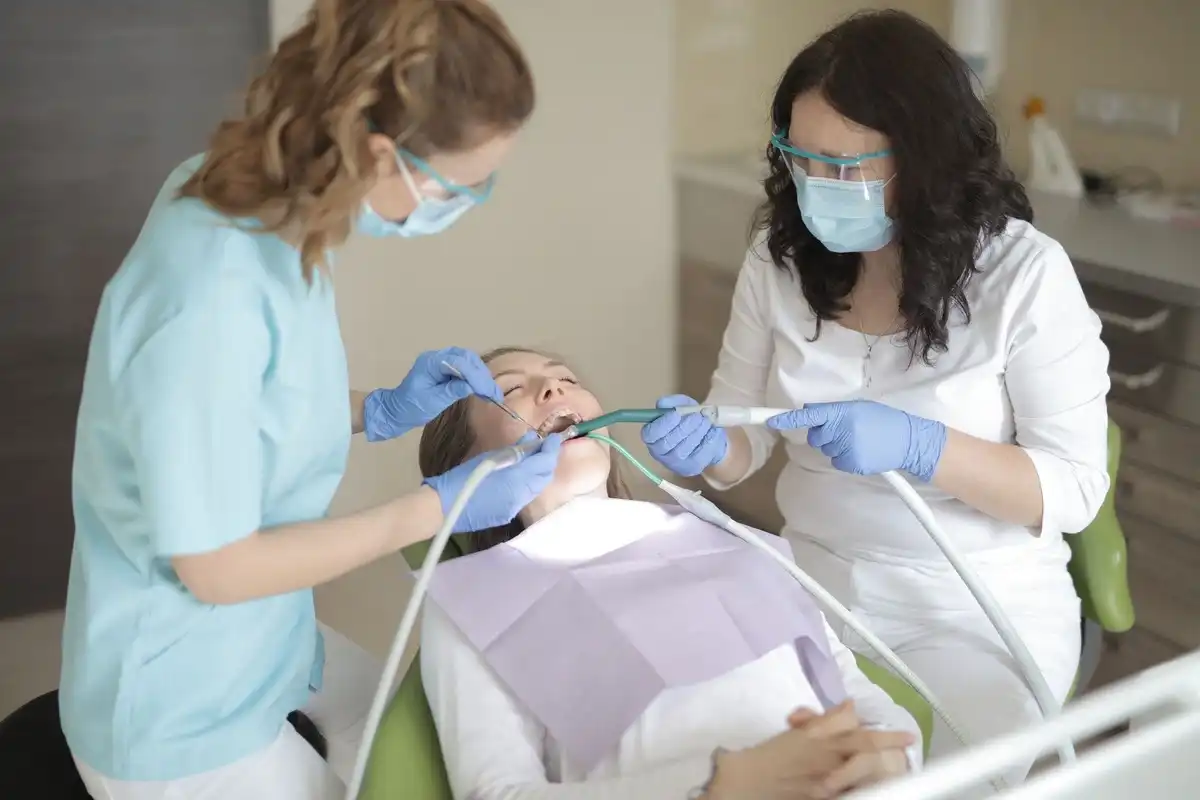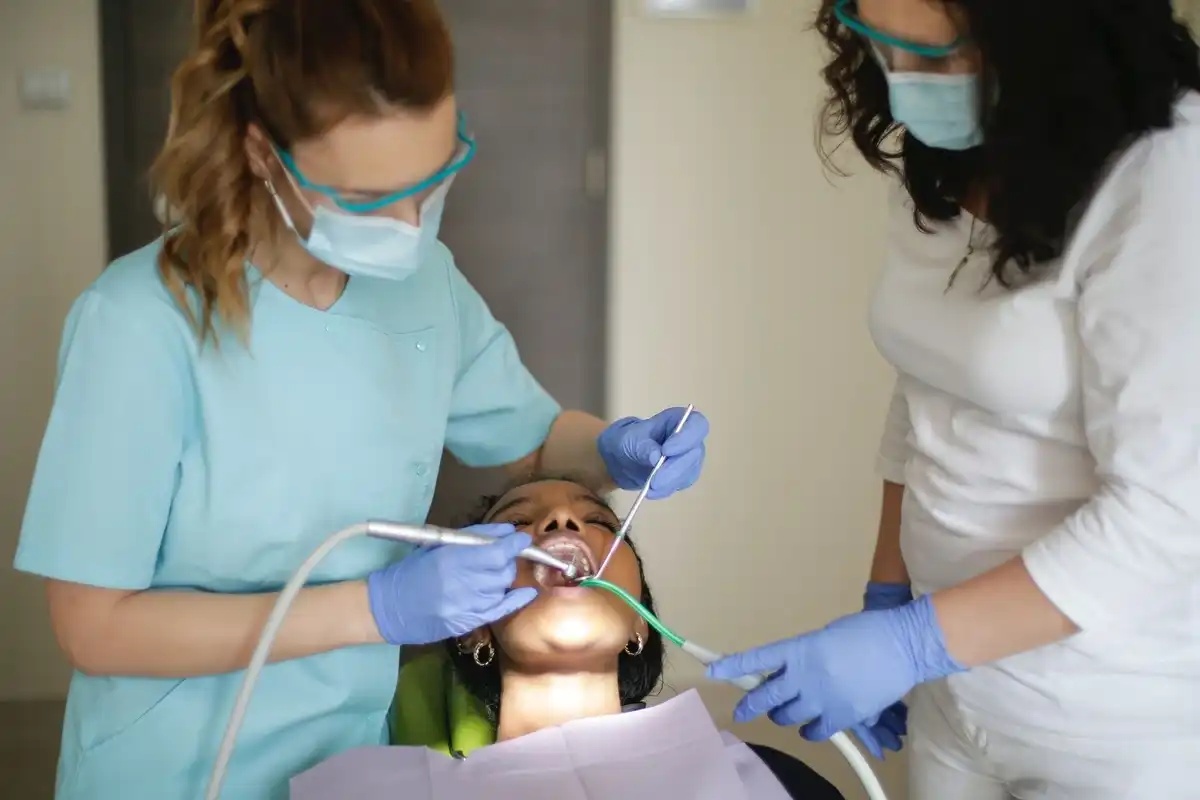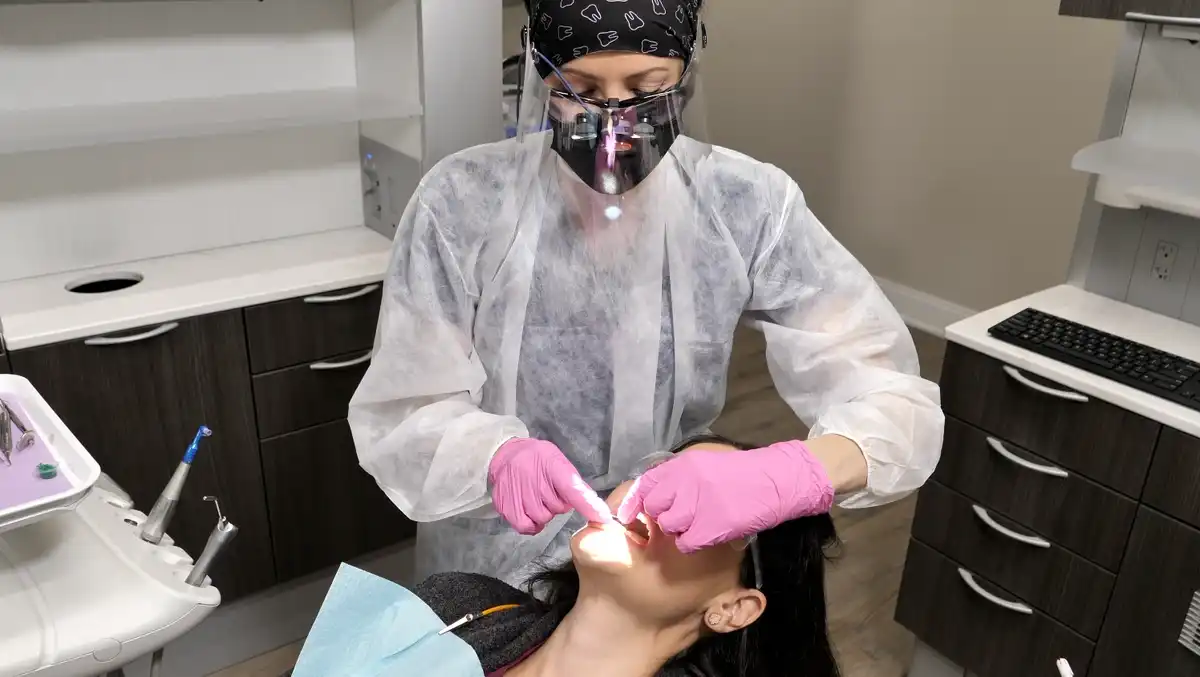How To Find A Job As A Dentist


Getting ready to find your first dentist job right out of school? There are plenty of dentist career opportunities out there to consider.
I Just Graduated, Now What!?
Congratulations! You just completed four years of dental school on top of an undergraduate education, plus the clinical boards and 500-question national exam. Now what do you do?
Assuming you’ve already processed all of your paperwork with the state and have your dental license in hand, you’re ready to get to work. But you have a lot of choices out there to consider. Do you want to be a business owner and have control over all of the decisions about your practice, or do you prefer to go and work for someone else, so that you can focus on the patients instead of all of the extra stuff that comes with running a business?
Corporate or Private Dental
The biggest decision to make regarding your dentist career opportunities is do you want to work in a private practice or one that’s corporately owned? Some smaller practices have the feel of a private office but are still managed by a corporate entity. There are advantages and disadvantages to each one, so it truly boils down to your personal preferences.
Deciding between these two types of dental jobs will determine your level of responsibility and freedom when it comes to the type of setting you want to work in, how you work, and who you work with.
Corporately owned practices handle all of the management for you. You don’t have to hire, train, or negotiate insurance contracts. But that also means you are working for someone else, as opposed to being your own boss. It’s great for some dentists, but not the career opportunity that more entrepreneurial-driven individuals may be looking for.
On the other hand, opening a private practice allows you to do things the way you want to do them. Like choosing which days and hours you work, the types of services you offer, which type of patients you prefer to see, and even if you want to accept insurance or not. There’s a lot more wiggle room, but with that freedom comes a whole lot more responsibility.
Today, finding a great dentist job tends to be easier if you want to join a corporate or group practice. We’ll discuss some of the things you want to look for and consider when you’re on the hunt for your first dentist job.
Finding A Good Dental Office
What makes a great dental office? Besides an awesome paycheck, there are several things you’ll want to think about before applying to or accepting your first dentist position. When you know what to look for and which questions to ask, you’ll be a whole lot happier with your first job out of dental school.
1. The Staff
How long have most of the staff been at the practice you’re applying for a job at? Staff turnover is a great way to measure job satisfaction and work environment. If most of the staff have only been there for a matter of months or less than a year, you may want to consider other job opportunities in your area. It’s important that you’re able to get along well with the team, as changes in practitioners could trigger a staff turnover if you don’t get off on the right foot.
2. Personal Needs, Location, Office Pace, Etc.
How far away is the practice from where you currently live? Do you want to relocate and if so, do you like that area? What are the housing prices like? Are there any benefits packages offered, such as retirement, vacation, etc.? Find out what their block scheduling is like. Will you have enough time to complete certain procedures or do you have tighter time requirements to meet each day (equating to a higher level of stress)?
3. Infection Control
What is the overall cleanliness situation like in the office? Take some time to tour the practice, see how their infection control protocols are followed, and observe the sterilization area. Are there any issues with cross-contamination or a lack of infection control practices that catch your eye? What is the office’s protocol for masking or managing aerosol production, and do they mesh with your professional and personal standards? How are scrubs and PPE managed? Even though it can be competitive finding a dentist job, don’t lower your expectations. It’s fine to communicate your needs and priorities as part of the interview process.
Applying For Dentist Jobs
You can begin applying for dentist jobs before you even graduate dental school. Many practices and corporations will be more than happy to wait for you to have your license in hand as long as they feel you are a high-quality applicant. They might even offer a sign-on opportunity or help with your student loans. Feel free to begin looking for open jobs as early as your final semester of dental school. You might even have personal/professional connections from further back and already have opportunities to consider via word of mouth. The typical application process will require a resume, reference letters (from other dentists or college professors), and possibly completion of a separate application through the hiring agency’s website. Be sure to check out online dental job boards as well as your dental school for hiring opportunities.
What Makes You Stand Out From The Crowd
How can you make yourself more attractive when it comes to other applications and resumes being submitted for the same dental job? First off, consider hiring a professional to put your resume together for you. There are also placement agencies who can work with you to help you land a great private practice job if that’s what you’re looking for. Be sure to have an updated headshot, clean up your social media channels (no alcohol or politics, please!) and have great personal reference letters already attached to your resume. Include a short introduction letter explaining your main goal and passion as a new dentist and why you’re attracted to their specific office. Do your homework—if you’re interested in them, they’ll be more interested in you!
Nontraditional Dental Careers
Believe it or not, some people spend only a short amount of time seeing patients—or not seeing them at all—before going into other dentist career opportunities. Since there are certain job roles out there that can only be fulfilled by a licensed dentist, you have more options if clinical dentistry isn’t all you thought it was cracked up to be.
A lot of dentists who work non-clinical jobs still have opportunities for using their hard-earned skills. For instance, they might volunteer at pop-up dental clinics, offer screenings in schools, or even temp from time to time when a colleague is out on vacation or maternity leave. Here are just a handful off alternative dental careers that you can consider now or in the future:
Corporate
- Dental Marketing/Advertising
- Pharmaceutical Sales
- Dental Supplies Sales
- Dental Office Manager
- Corporate Educator
- Dental Insurance Officer
- Consultant
Education
- Classroom Instructor
- Clinical or Didactic Instructor
- Laboratory Instructor
- Educational Researcher
- Dental Program Director
Public Health
- Local/State Dental Public Health Officer
- Community Clinic Administrator
- National Health Service Corps Member
Finding Your First Job As A Dentist
There are a lot of ways to go about finding dentist jobs. Choosing to work in private or corporate practice is your biggest decision to make. Be sure to look at all of the details—such as staff turnover and cost of living—besides just the paycheck. With a variety of dentist career opportunities available, you’ll be able to find one that fits both your private and professional goals straight out of dental school.

Make your inbox smile!
Subscribe
